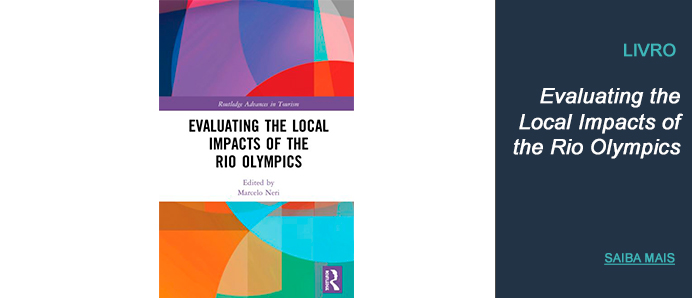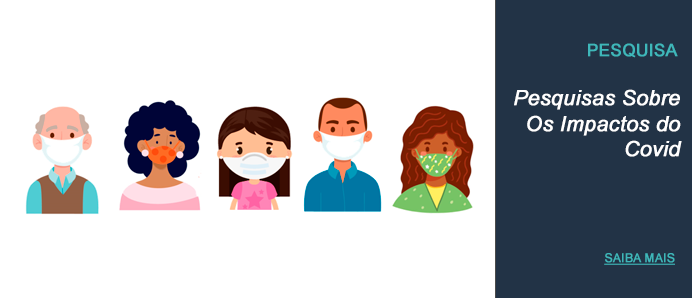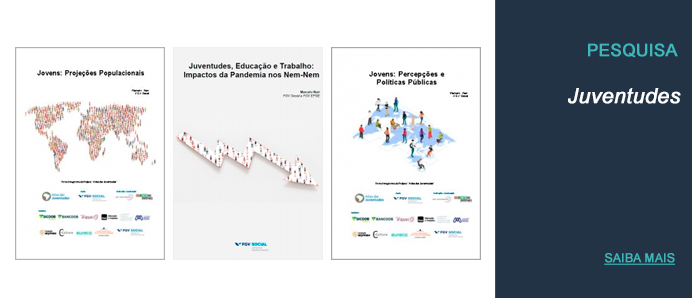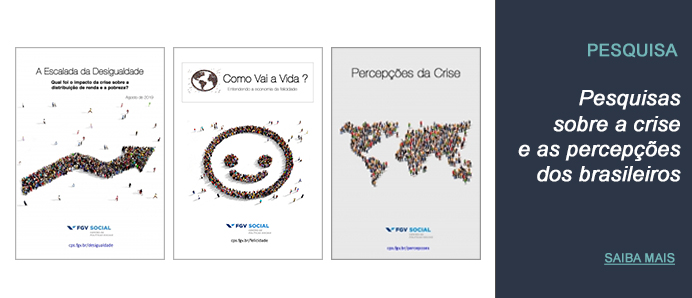Desigualdade, riqueza e oportunidades
Português, Brasil
Linkages between Growth, Poverty and the Labour Market
Português, Brasil
The State of the Youth: Prisons, Drugs and Car Crashes
Português, Brasil
Equity and Effciency in Education: Motivations and Targets
Português, Brasil
The Brazilian Education Quality Index (IDEB): Measurement and Incentives Upgrades
Português, Brasil
"O brasileiro está se defendendo da crise como um Indiana Jones", diz Neri
Português, Brasil
"No caminho do meio"
Português, Brasil
Lançamento do Cartão Família Carioca, desenhado pelo CPS/FGV
Português, Brasil








